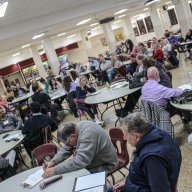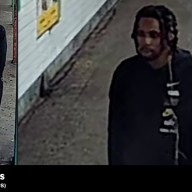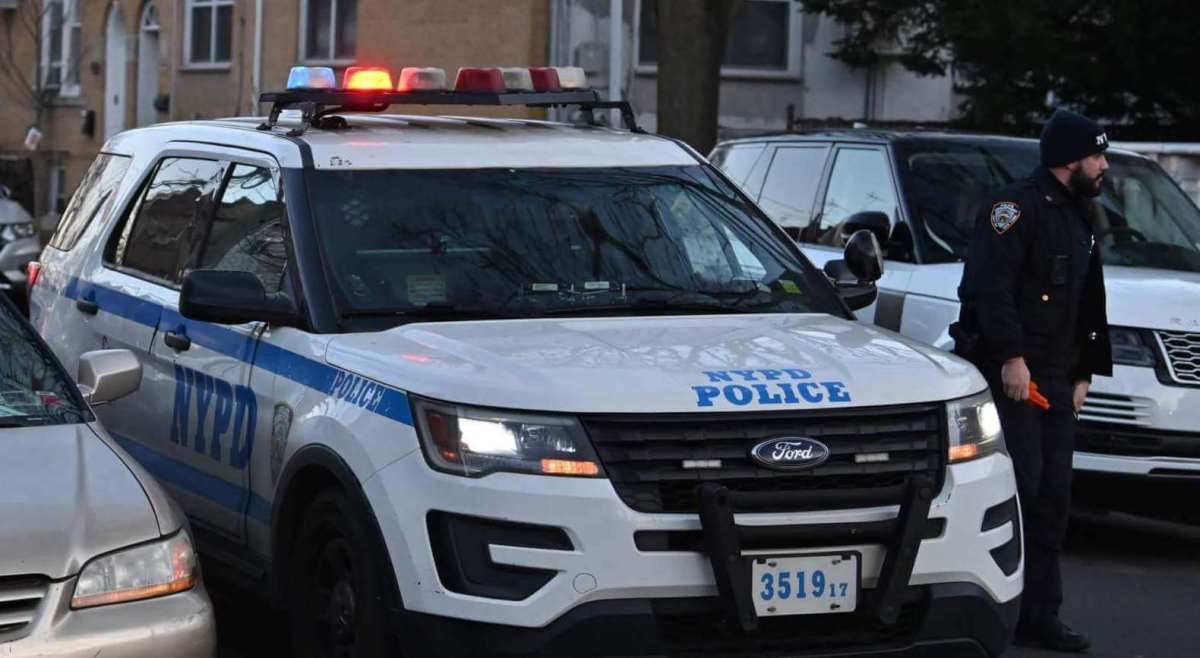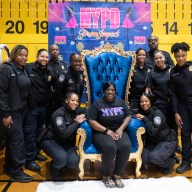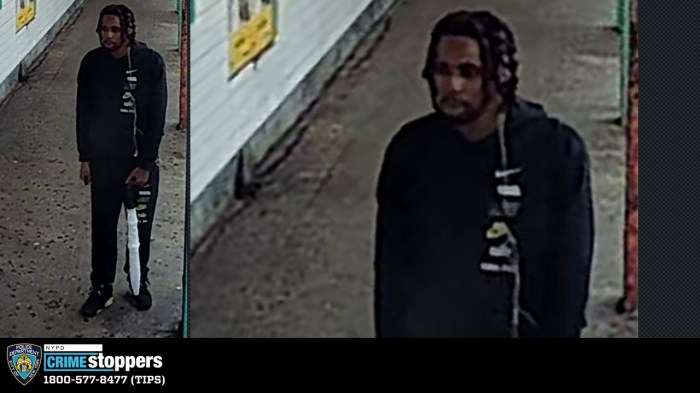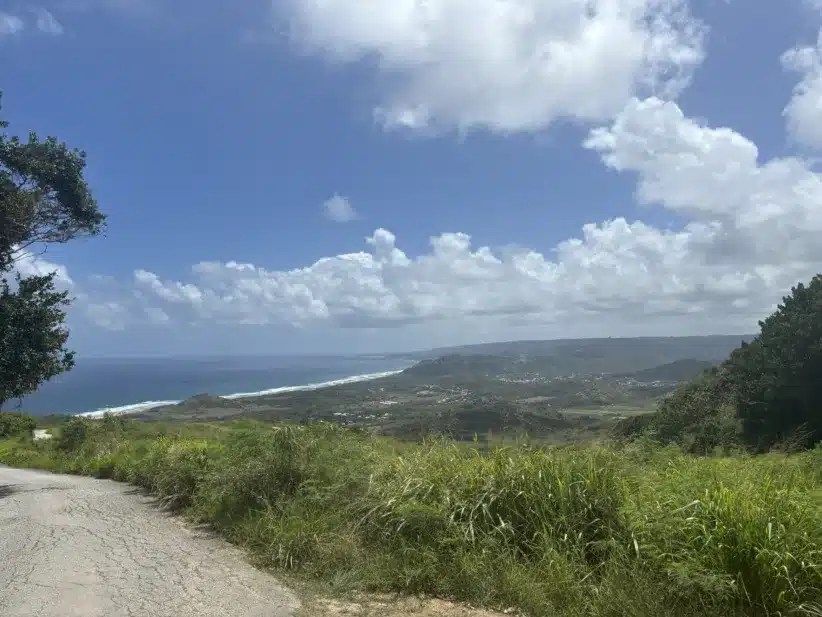By Zach Patberg
The myth he hoped to debunk was that the Alabama seamstress was a mere mouthpiece in 1955 for a civil rights movement already at the tipping point and that her actions that day in refusing to give up her bus seat to a white passenger provided the real movers with the launching pad they needed to propel their protests into the public eye. “Part of the strategy then was to get a person above reproach, above question to test the law,” Bush said at forum for African Heritage Month at the university in honor of Parks, who died in October. “Rosa Parks met those qualifications. But she was also so much more.”A decade prior to that Dec. 1 afternoon, Parks was already heavily involved in anti-segregation causes. Indeed, according to Bush, she was butting heads with the public transit system years before her pivotal act of defiance in 1955.”She was known by drivers as a resisting such degrading practices,” Bush told the collection of mostly black St. John's students who came to the forum.And she knew people. As a member the NAACP's Montgomery, Ala. branch, Parks developed close ties with such prominent black leaders as A. Philip Randolph, founder of the Brotherhood of Sleeping Car Porters union who led the 1963 March on Washington; Ed Nixon, president of the local NAACP and head of the local chapter of the Pullman Porters union; and Ella Baker, a leader in the Southern Christian Leadership Conference, which Martin Luther King Jr. headed.”She had so many contacts,” Bush said.The sociology professor met Parks in 1984 at a social justice meeting for community activists in San Francisco. He described her as both a “militant activist” and a humble “saint” whom “everyone could relate to.”A student discussion following Bush's talk at last Thursday's event raised concerns about today's black youth becoming complacent and ignorant of the progress figures like Parks made.”What can we do besides talk to open eyes so we don't forget?” asked Edward Smith, whose fraternity, Kappa Alpha Psi Fraternity, hosted the Rosa Parks Day for its second year.Bush, for one, showed frustration with the lack of an African Studies major at St. John's, saying “they won't do anything if I say something but they will if you do because you're paying the bills.”One black student cited voting as an example of a hard-fought right that isn't exercised enough.”The hands that once picked cotton now can pick presidents,” she said. “We need to take better advantage of that.”Smith said after the forum that it was his intention to introduce Parks Day across the country – or at least to his fraternity's 100 or so chapters in the tri-state area.”We're trying to make a little movement of this and spread the word,” he said, “so it's not just a St. John's thing but a national thing.”Reach reporter Zach Patberg at news@timesledger.com or at 718-229-0300, Ext. 155.






